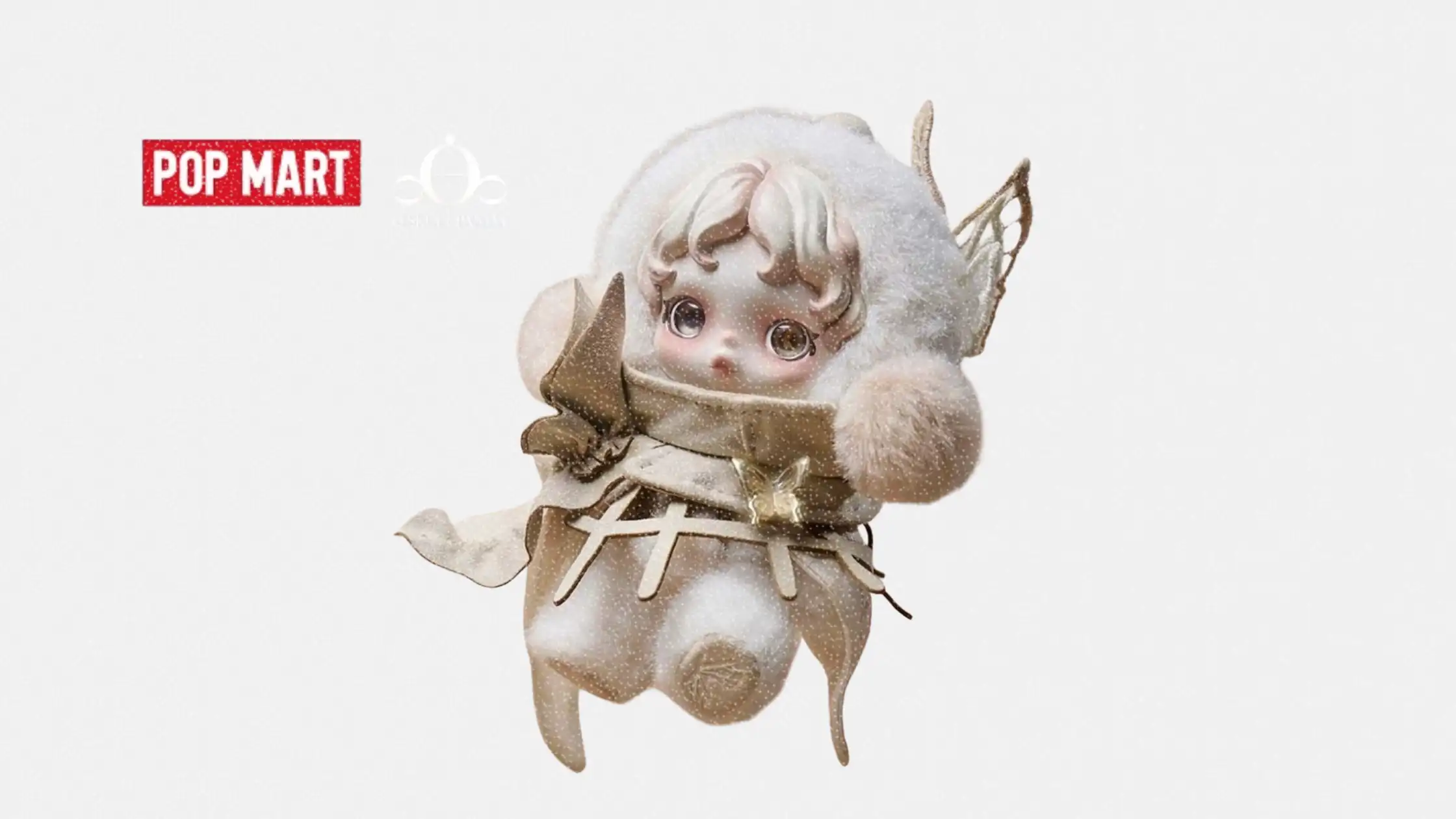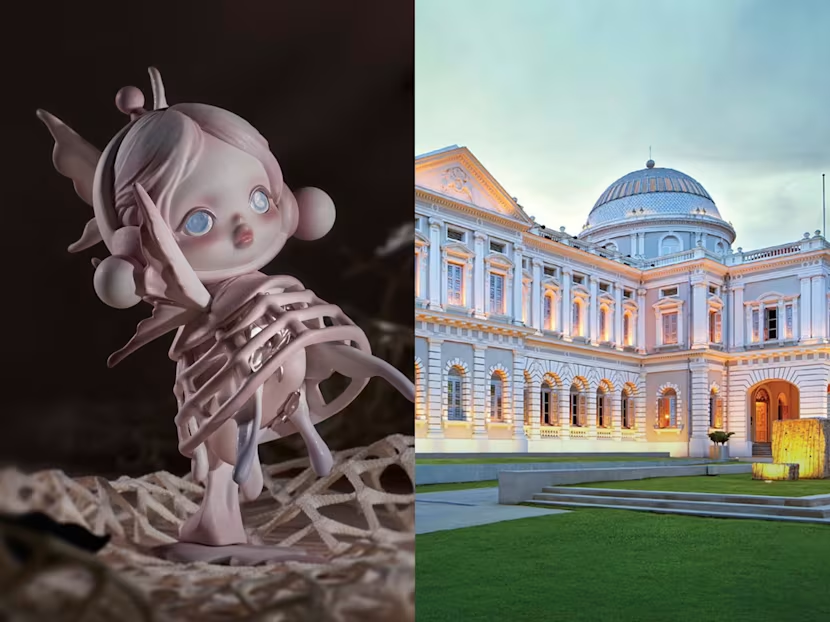POP MART’s Skullpanda exhibition lands in Singapore with a cultural twist
The brand’s immersive collectible art experience hits Singapore, blending storytelling, heritage, and Gen Z appeal

What happens when a collectibles brand collaborates with a national museum and a tourism board? You get a Gen Z-friendly, visually immersive experience that also aims to tell a deeper cultural story.
As a tripartite collaboration between POP MART, the Singapore Tourism Board (STB), and the National Museum of Singapore, the exhibition marks a shift in how pop culture, tourism, and institutional storytelling are intersecting.

This article explores POP MART’s Skullpanda Cage-Uncage showcase, which makes its first international stop in Singapore after debuting in Shanghai.
Short on time?
Here’s a table of contents for quick access:

What is Skullpanda Cage-Uncage?
Running from December 12, 2025 to February 22, 2026, the Skullpanda Cage-Uncage showcase is centered around the titular character, Skullpanda, created by Chinese artist Xiong Miao in 2018. The experience turns the vinyl art toy into a reflection of human emotions and existential themes through six central ideas: emotion, fortune, rules, exploration, life, and direction.
The exhibition features large-scale sculptures, interactive installations, and surreal reimaginings of everyday objects like doorways, locks, and keys. These pieces position collectibles as a medium for introspection as much as entertainment.
According to POP MART COO Justin Moon, the exhibition aims to help audiences “see Skullpanda not just as a beloved character, but as a vehicle for meaningful reflection on the human experience.”
Why the Singapore edition stands out
This is POP MART’s first Skullpanda showcase outside of China, and the first time it has teamed up with both a cultural institution and a national tourism board. That alone makes it a case study in brand-led cultural diplomacy.
What makes the Singapore edition particularly unique is its local adaptation. A Singapore-specific installation reimagines the traditional pastime of bird singing, referencing the city’s coffee shop bird cages and neighborhood rituals. This adds a layer of hyperlocal storytelling that roots the experience in place and community.
The showcase follows other STB efforts to market Singapore through branded entertainment, including a recent music video filmed with Chinese artist Xin Liu across four of the city’s iconic neighborhoods. These projects support STB’s Tourism 2040 vision of positioning Singapore as a destination that blends heritage with contemporary culture for younger travelers.
What marketers should know
Whether you’re in tourism, experiential marketing, or collectibles, here’s what to take away from this cross-sector play:
1. Pop culture as cultural capital
POP MART has built a brand around emotional resonance and character fandom. But with this showcase, it demonstrates how collectibles can be leveraged as tools for soft power, creating new cultural meaning in public spaces.
2. Collaboration over sponsorship
This partnership goes beyond a typical brand tie-in. The integration of local themes shows what’s possible when IP owners work with institutions to build experiences that feel native rather than imported.
3. The shift to reflection-first experiences
Like immersive exhibitions of Van Gogh or Yayoi Kusama, the Skullpanda showcase is designed to be both photogenic and emotionally meaningful. This kind of storytelling resonates with Gen Z’s search for identity-driven and purpose-led experiences.
4. A model for tourism branding
For STB, the project reinforces a strategy of using cultural IP to differentiate Singapore. It positions the country as a canvas for global creative collaborations that are also rooted in local heritage.
POP MART’s Skullpanda showcase in Singapore is more than a traveling exhibit. It is a layered storytelling experiment that touches tourism, art, fandom, and cultural strategy.
For marketers, it is another signal that pop culture is no longer a fringe tool but a mainstream vehicle for brand building, destination marketing, and public engagement.




